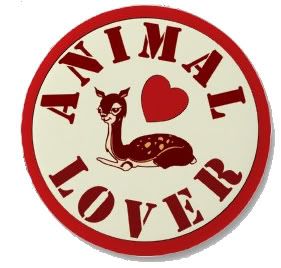One of my pals suggested I take a look at this video. Although the training process is moving forward it is a good time to talk about a few things when working in a group situation.
Personally, I’d move the training subject out of a group situation or train the other animals to “station” or “place” because the last thing you want to do is cause interspecific aggression (where the goats are showing aggression to one another).
Also, a good learning environment is as distraction free as possible until you get the animal to understand the process. Once it is clear you can add more variables to the situation.
Yes, animals can learn in a variety of situations but when training you want to give everyone the edge and keep everyone safe and avoid frustration.
Frustration can lead to aggression.
Now I’ve trained livestock and a lot of different species. Goats are very smart but also animals will go for the path of least resistance.
I’d not hold the food bucket in sight of the animal when target training. Using a pouch or having someone help deliver the rewards would have been nice.
What I like about this video is that it shows a real life example of how training might be done. Despite all the elements I would have preferred to see changed, the trainer and the goat were successful…and that is a good thing.
 Yesterday I got some stunned reactions when I explained to some pals that I was not an animal lover.
Yesterday I got some stunned reactions when I explained to some pals that I was not an animal lover.
